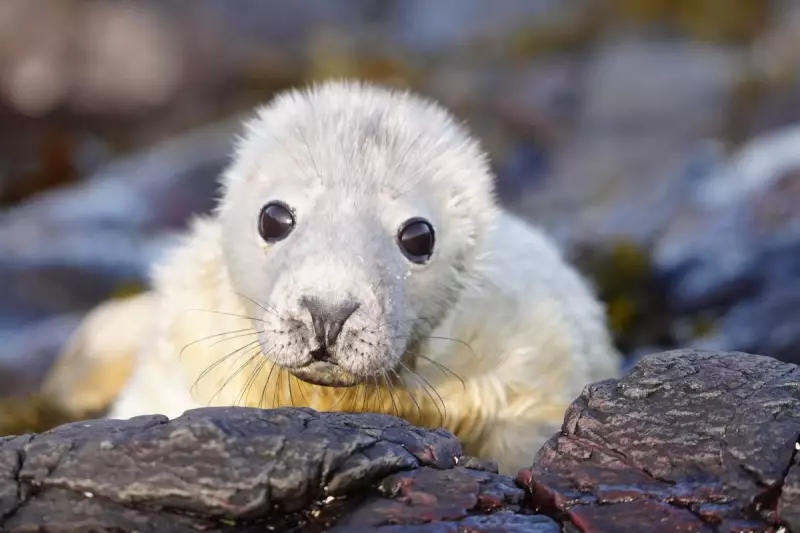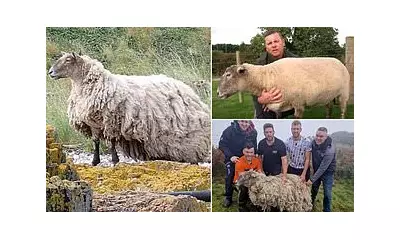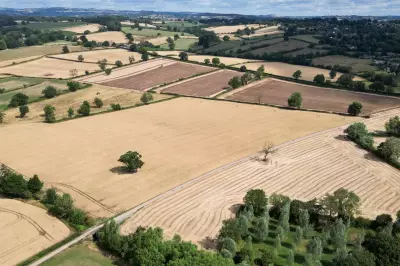
The world's longest-running scientific survey of a grey seal population has commenced once again on the remote Farne Islands off the Northumberland coast, marking another crucial season for wildlife conservation.
A Century of Sanctuary
For over 100 years, the National Trust has managed this rocky archipelago, which provides a vital sanctuary for wildlife. The islands offer a range of habitats, including rocky beaches, sand, and grass, coupled with an abundance of food and minimal human interference. During the pupping season, visitors are prohibited from landing, though they can observe the spectacle from boat trips.
From Paint Dabs to Drones
The pioneering survey began in 1952, initiated by the pioneering ornithologist and naturalist Grace Hickling. In the early days, National Trust rangers would risk being bitten by protective seal mothers as they dabbed paint on newborn pups to mark them as counted. Today, the methodology has been transformed. Rangers now conduct the count from a safe distance of 75 metres above using drones. This modern approach is significantly less intrusive for the seals and far safer for the conservationists.
A Remarkable Population Rebound
The success of this long-term conservation work is evident in the population numbers. In 1952, approximately 500 pups were born on the islands. By 2024, that number had soared to 3,624, establishing the Farnes as one of England's most significant grey seal colonies. Area Ranger Tom Hendry noted the encouraging upward trend, stating, "We're curious to see if the upward trend in pup numbers continues from 3,443 pups in 2019 to 3,624 in 2024."
Sophia Jackson, Area Ranger for the National Trust, described the arrival of the first pup as a "special moment" that signals the start of the monitoring season. She emphasised the project's global significance, highlighting its status as the world's longest-running dataset for this species. Jackson added, "Each pup born here is a testament to the conservation work we do and the resilience of this species in the face of environmental challenges particularly due to rising temperatures and warming seas."
The seal survey will continue throughout the autumn. All data collected will be sent to Newcastle University for detailed analysis, with the final results expected to be published in the spring.





